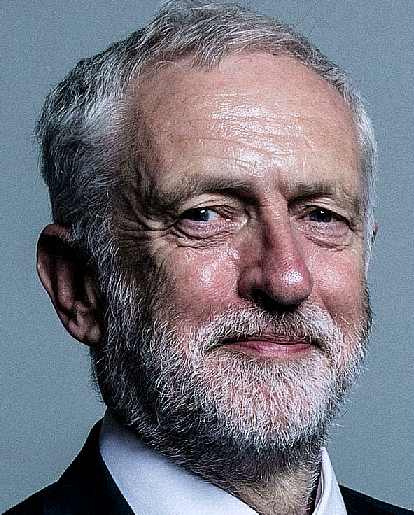
JEREMY
CORBYN
BBC NEWS MAY 1 2019 - Jeremy Corbyn: UK must declare a climate emergency
Labour leader Jeremy Corbyn has opened a parliamentary debate, calling on MPs to declare a national climate emergency on climate change.
Shadow business secretary Rebecca Long Bailey said this is "the first step towards taking more radical action".
Labour is also calling on the government to commit to achieving net zero emissions before 2050.
The UK is currently committed to reducing carbon emissions by 80% compared to 1990 levels by 2050.
The debate in Parliament comes after a series of protests by the environmental activists Extinction Rebellion.
The group described a meeting with Environment Secretary Michael Gove on Tuesday as "very disappointing" because he refused to declare a climate emergency.
Mr Gove said he "shared their high ideals" to tackle climate change but added that "we should show that we're making a difference rather than simply telling everyone how important it is to change".
The Welsh and Scottish governments have both declared a climate emergency, along with dozens of towns and cities, including Manchester and London.
Speaking on BBC Radio 4's Today programme Ms Long Bailey said Labour wanted the government to establish a target for net zero emissions "well before" 2050.
She also called for "a green industrial revolution" to "harness the huge economic potential that low carbon and renewable technology will bring" such as onshore and offshore wind and tidal technology.
"This isn't just about tackling climate change it is a huge economic opportunity to rebuild Britain," she said.
Dozens of towns and cities across the UK have already declared "a climate emergency".
There is no single definition of what that means but many local areas say they want to be carbon-neutral by 2030.
Some councils have promised to introduce electric car hubs or build sustainable homes to try to achieve that goal.
It's a much more ambitious target than the UK government's, which is to reduce carbon emissions by 80% (compared to 1990 levels) by 2050.

PUTTING
CLIMATE 'CENTRE STAGE' OF POLICY?
What would it mean to acknowledge a climate emergency or climate crisis? Well, it would put the climate at centre stage of government policy.
For years politicians have devised fine policies on the environment, only to see them fail as other issues jostled to the political fore.
The UK for instance is legally committed to long-term climate change targets - but it's already slipping away from its medium-term goals.
Transport and agriculture are especially culpable.
Environmentalists say it's inconceivable that any government caring about the climate thinks expanding Heathrow is compatible with cutting emissions.
In terms of how the government is run under an emergency scenario - it would have to move towards the equivalent of a war footing.
This sounds melodramatic, but it would mean that cutting greenhouse gas emissions becomes a central goal of the UK's economic policy, with all governments taking responsibility - not just the Business Department and Defra.
This, according to Professor Jim Watson from the UK Energy Research Centre, means a central role for the Treasury.
It would monitoring emissions as closely as we monitor GDP growth and employment, and ensure that all government decisions are compatible with a net zero pathway.
Declaring an emergency or a climate crisis could have psychological advantages too: If we keep repeating a phrase it tends to become reality in our minds. That would help keep the climate at the forefront of decision-making.
There are problem with the emergency definition, though.
First, is the slow relentless nature of climate change itself. Can we see climate change as an emergency in the way we accept that, say a flu pandemic is an emergency?
Then there's the timescale.
From 1939-1945, a state of emergency won the war. But that was six years of toil and sweat… not 32 years as we struggle towards our 2050 date for eliminating emissions.
By Roger Harrabin, Environment Analyst
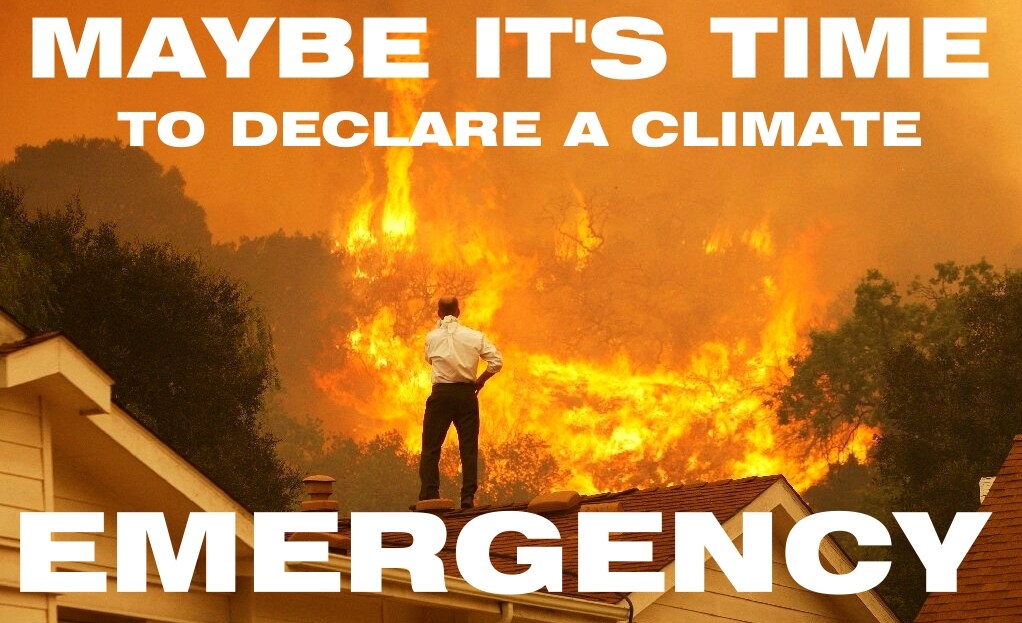
The
Labour party is a political group that has had its share of Prime
Ministers in the United Kingdom, but even with that balance of the
power sharing seesaw, this party has been unable to
curb climate
change, provide affordable housing or bring down our
National Debt to sensible levels. The policies of Conservative and
Labour parties - and even for a brief time a coalition with the Liberal
Democrats have done nothing to alleviate the poverty trap for millions
of British citizens who are effectively, financial slaves.
The
United Kingdom has many political parties, some of which are
represented in the House of Commons and the House of Lords.
Below are links to the websites of the political parties that were
represented in the House of Commons after the 2015 General Election:
CONSERVATIVE
PARTY
CO-OPERATIVE
PARTY
DEMOCRAT
UNIONIST PARTY
GREEN
PARTY
LABOUR
PARTY
LIBERAL
DEMOCRATS
PLAID
CYMRU
SCOTTISH
NATIONAL PARTY
SINN
FEIN
SOCIAL
DEMOCRATIC AND LABOUR PARTY
UK
INDEPENDENCE PARTY
ULSTER
UNIONIST PARTY
LABOUR
SHADOW GOVERNMENT 2017-2018
|

Jeremy
Corbyn
MP
|
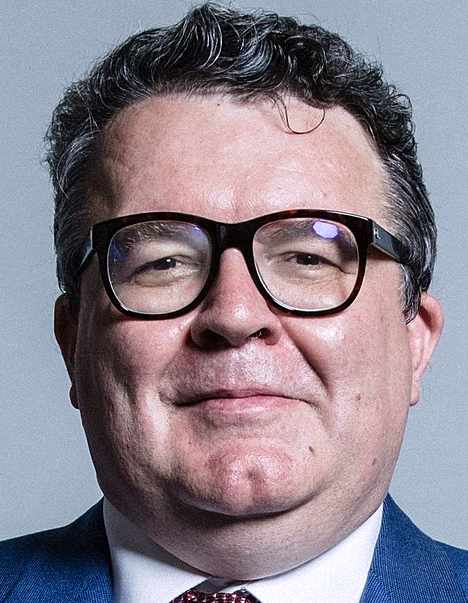
Tom
Watson
MP
|
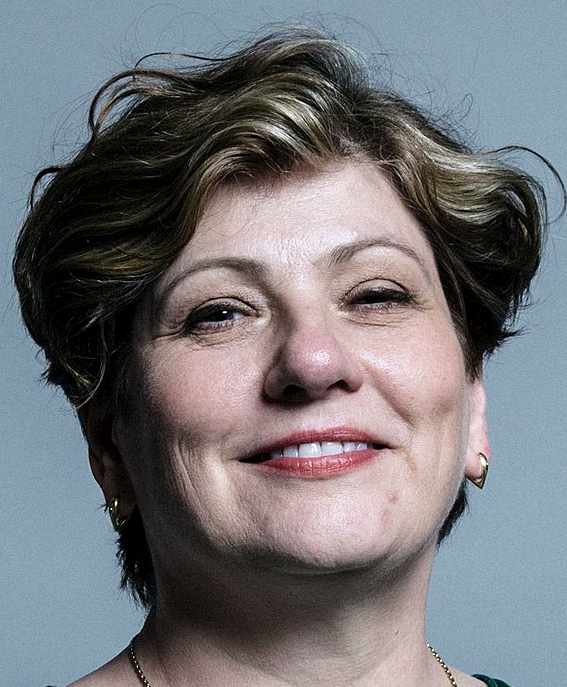
Emily
Thornberry
MP
|
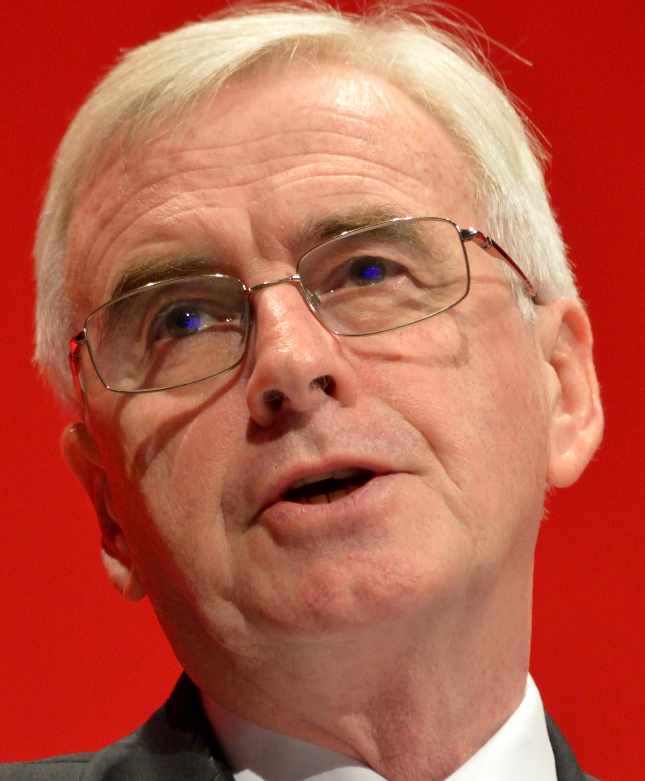
John
McDonnell
MP
|
|
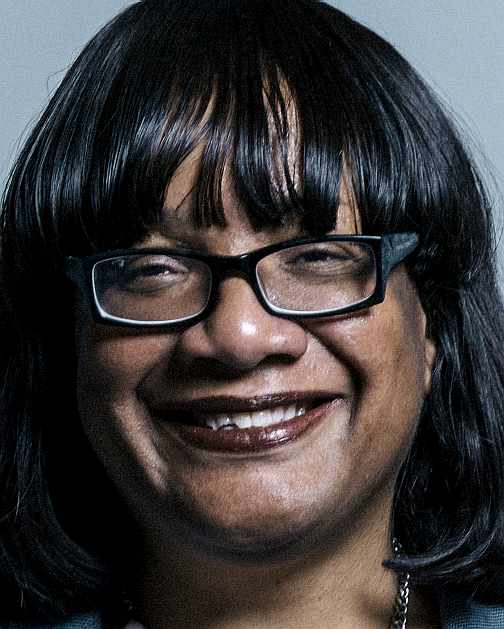
Dianne
Abbott
MP
|

Nia
Griffith
MP
|
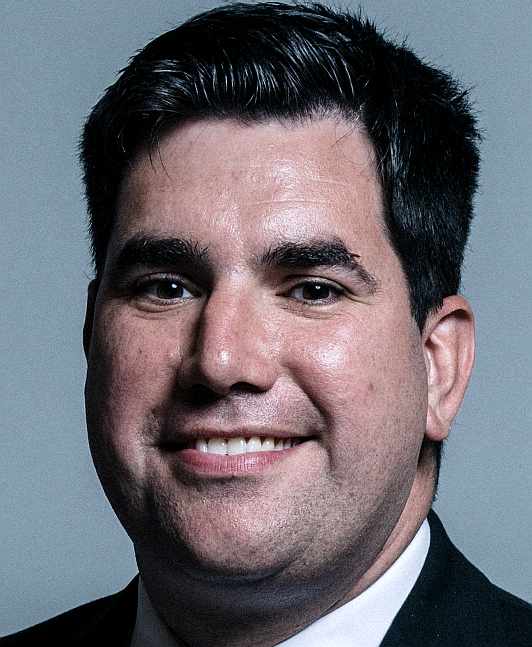
Richard
Burgon
MP
|

Kier
Starmer
MP
|
|
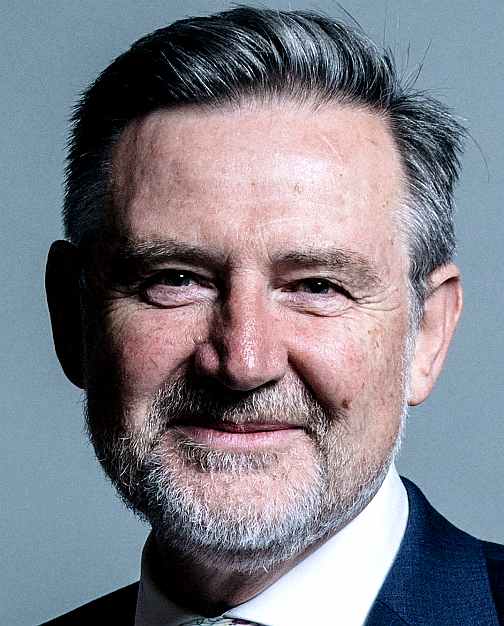
Barry
Gardiner
MP
|
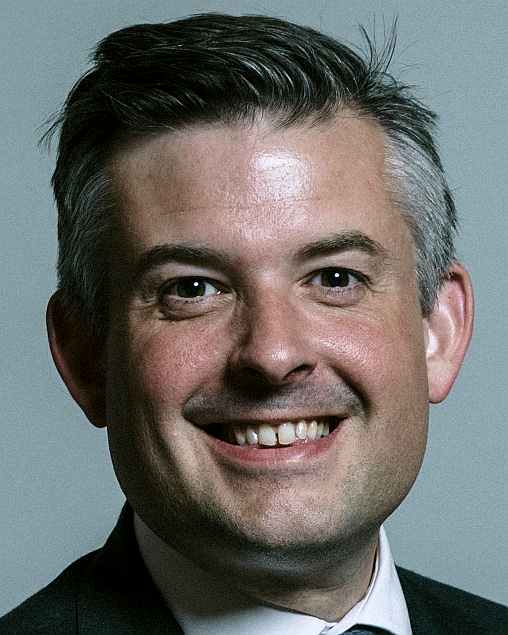
Jon
Ashworth
MP
|
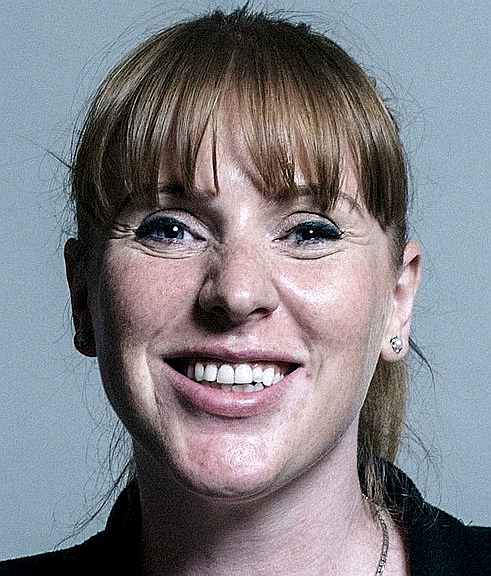
Angela
Rayner
MP
|
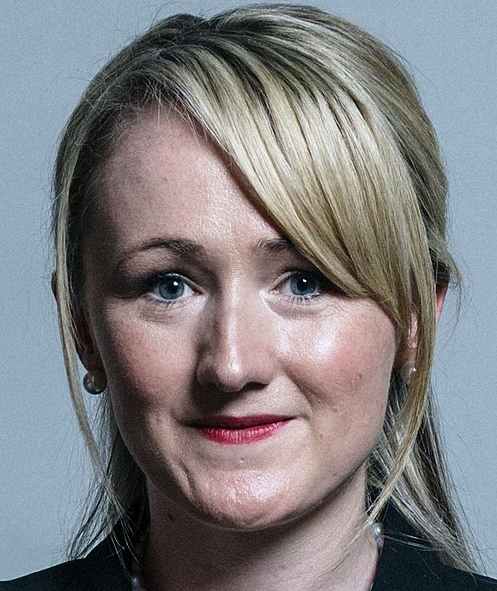
Rebecca
Long-Bailey
MP
|
|
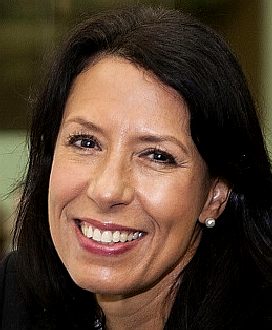
Debbie
Abrahams
MP
|
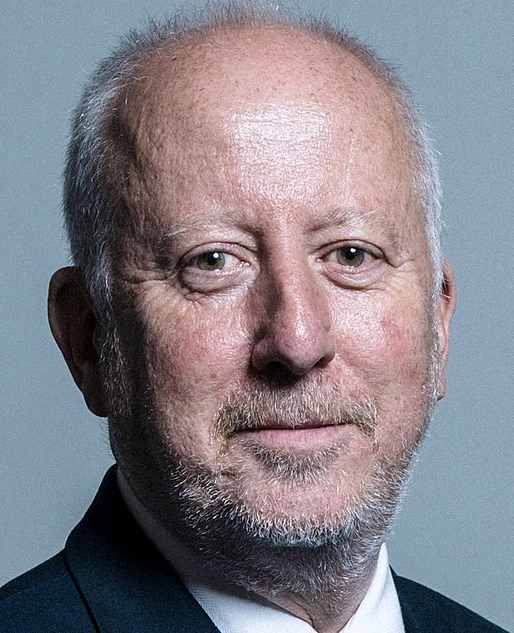
Andy
McDonald
MP
|
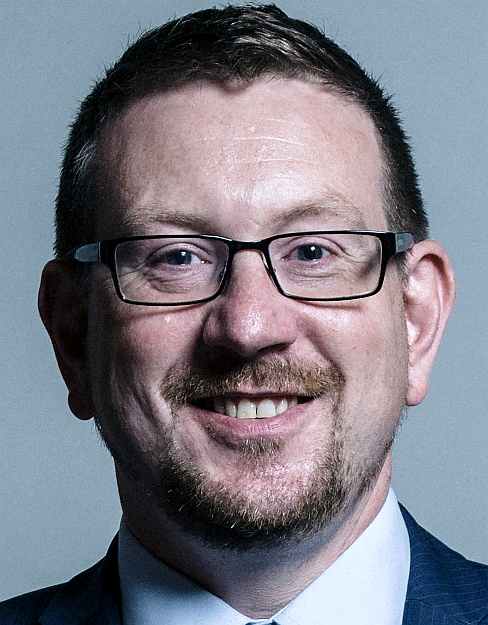
Andrew
Gwynne
MP
|
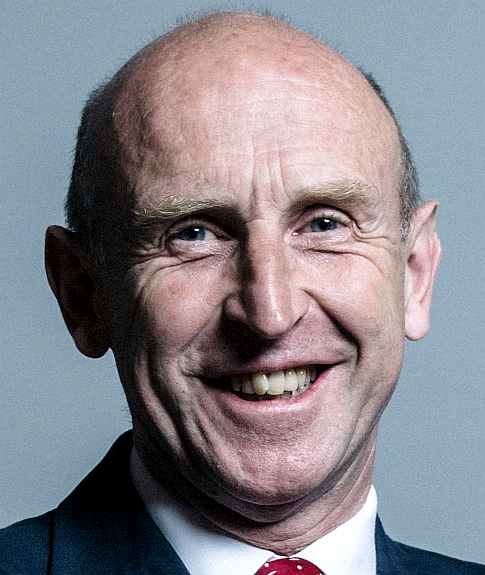
John
Healey
MP
|
|
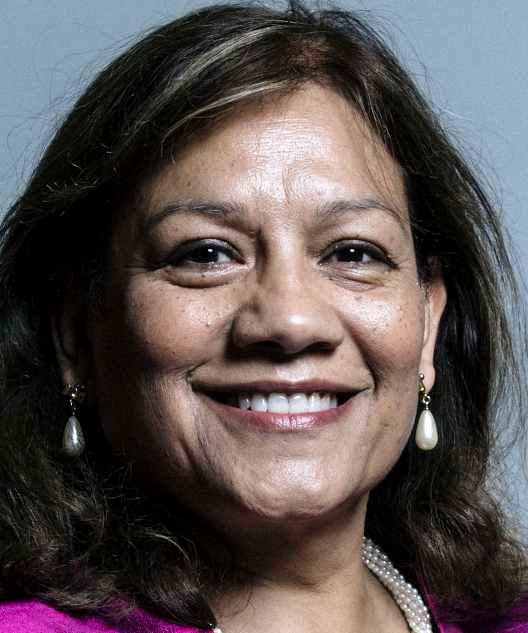
Valerie
Vaz
MP
|

(Angela)
Baroness Smith Basildon
MP
|
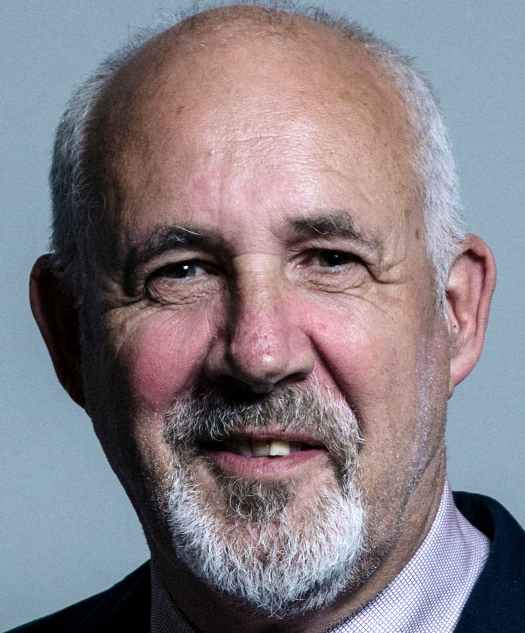
John
Trickett
MP
|
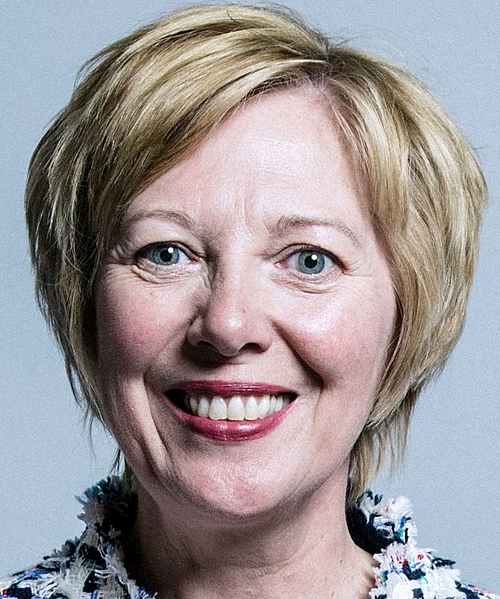
Lesley
Laird
MP
.
|
|
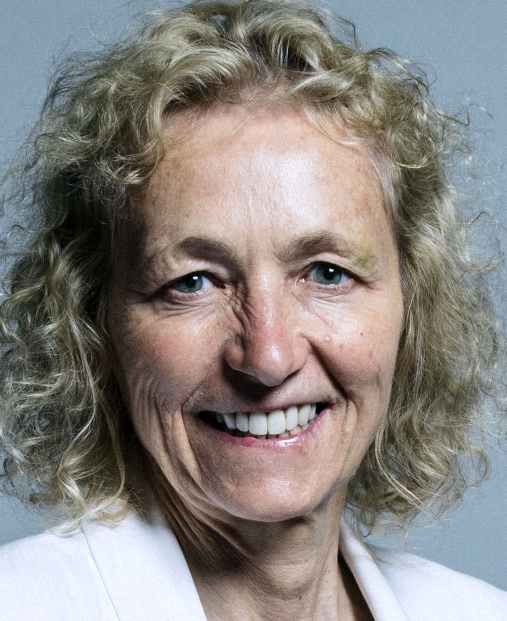
Christina
Rees
MP
|
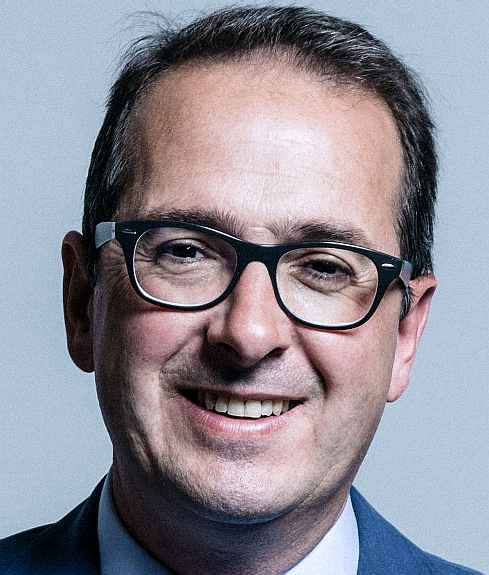
Owen
Smith
MP
|
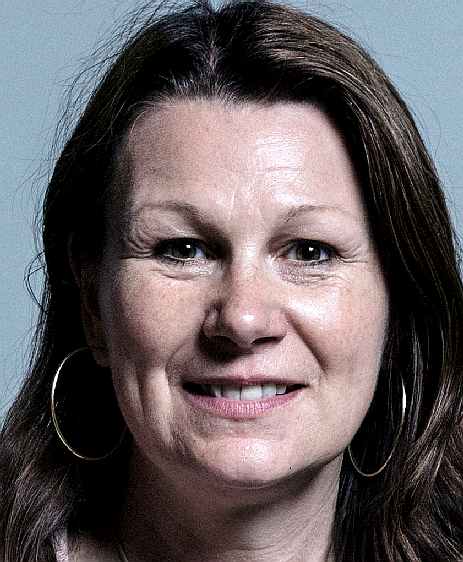
Sue
Hayman
MP
|
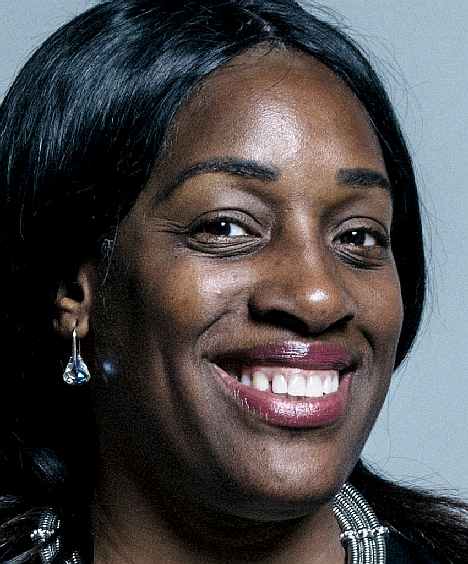
Kate
Osamor
MP
|
|
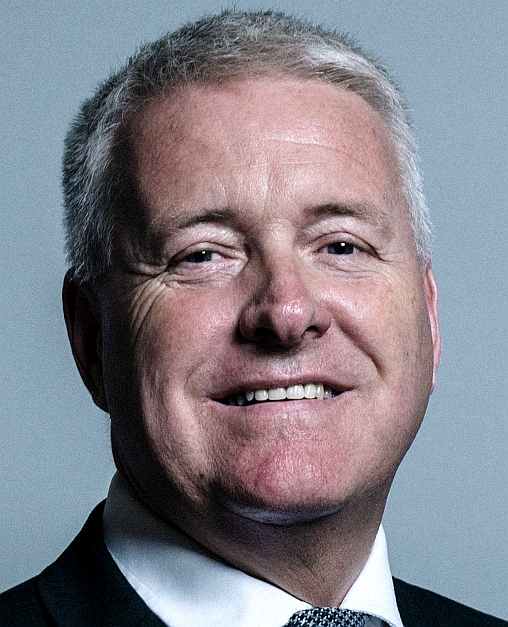
Ian
Lavery
MP
|
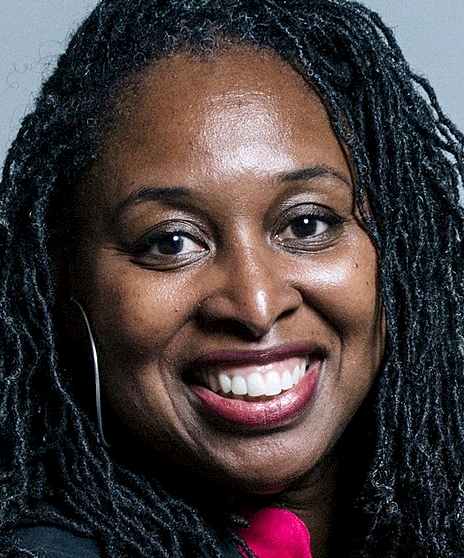
Dawn
Butler
MP
|
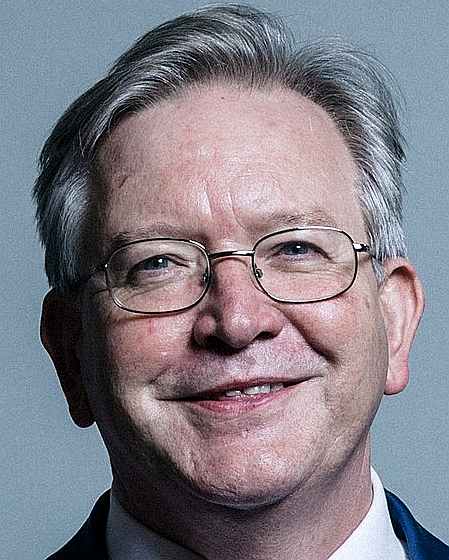
Peter
Dowd
MP
|
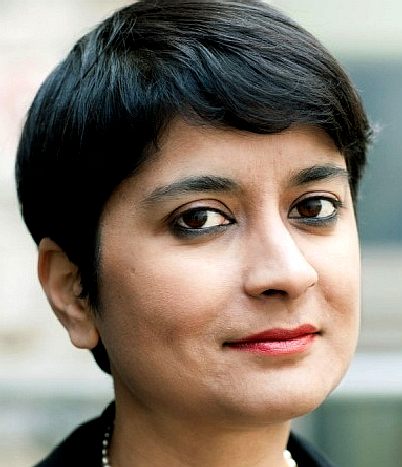
MP
(Shami)
Baroness
Chakrabarti
MP
|
|
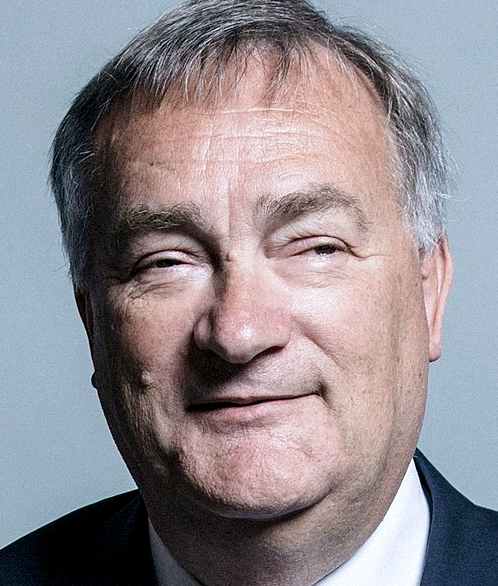
Nick
Brown
MP
|

(Steven)
Lord
Bassam Brighton
MP
|
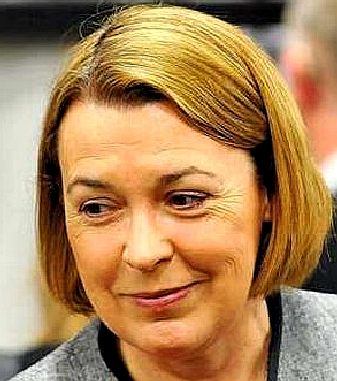
Barbara
Keeley
MP
|
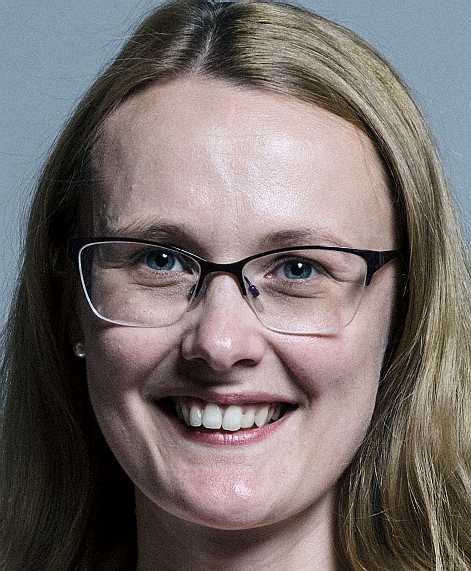
Cat
Smith
MP
|
|

Kerry
McCarthy
MP
|
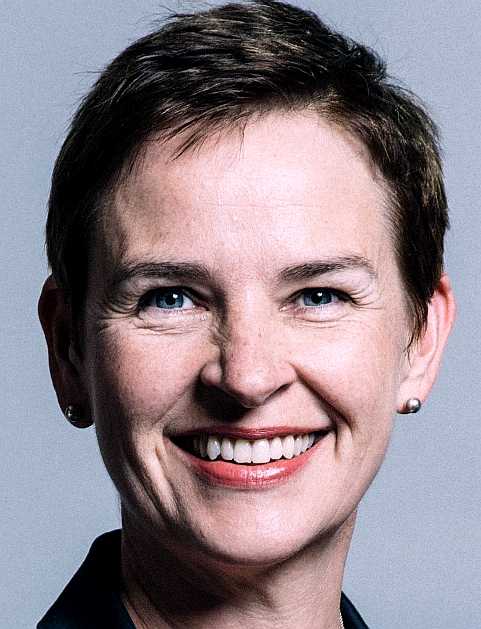
Mary
Creagh
MP
|

Thangam
Debbonaire
MP
|
.
.
|
|
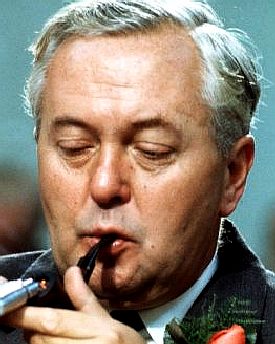
Harold
Wilson
Former
Prime Minister
|

Lord
David Blunkett
Former
MP
|

Gordon
Brown
Former
Prime Minister
|
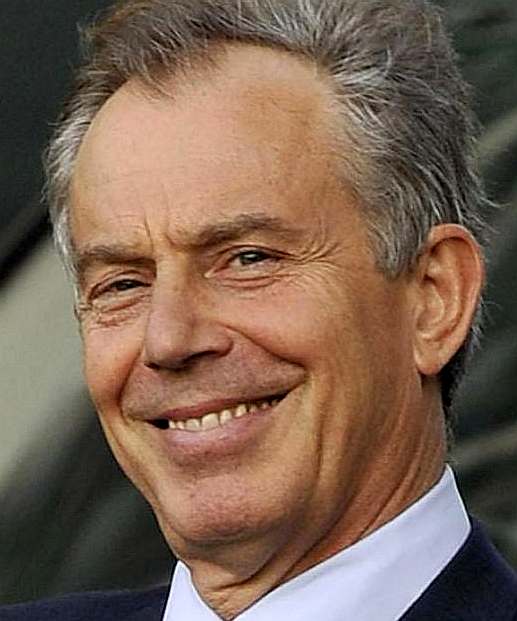
Tony
Blair
Former
Prime Minister
|
Andrew Gwynne
Andy McDonald
Angela Rayner
Barbara Keeley
Baroness
Sharmi Chakrabarti CBE
Baroness
Angela Smith of Basildon
Barry Gardiner
Cat Smith
Christina Rees
Dawn Butler
Debbie Abrahams
Diane Abbott
Emily Thornberry
Ian Lavery
Jeremy Corbyn
John Healey
John McDonnell
John
Trickett
Jon Ashworth
Kate Osamor
Keir Starmer KCB QC
Kerry
McCarty
Lesley Laird
Lord
Steven Bassam of Brighton
Mary
Creagh
Nia Griffith
Nick Brown
Owen Smith
Peter Dowd
Rebecca Long-Bailey
Richard Burgon
Sue Hayman
Thangham
Debbonaire
Tom Watson
Tony
Blair
Valerie Vaz
We
are concerned with how the make up of the above parties and (reasonably)
popular policies affects the Wealden
district of Sussex, because we are all brothers on two islands in
the Atlantic
Ocean and what we do or fail to do is likely to rebound on
ourselves and our fellow man in other nations around the world. How we
act today influences policies in other countries in our global
community. It is not just about us and our patch even with Brexit
putting the brakes on.
DISTRICT
& BOROUGH COUNCILS
East
Sussex has five District and Borough Councils, each with a border on
the coast. From west to east they are:
Eastbourne
Borough Council
Hastings
Borough Council
Lewes
District Council
Rother
District Council
Wealden
District Council
There
is also East
Sussex County Council as the provider of services to the 5 East
Sussex districts.
As
near neighbours and with councils now sharing facilities and working
together, these area of Sussex are included in our remit and an area
where climate
change and affordable
housing are issues that need urgent attention. Where the coastline
is a feature in every Council, Blue
Growth is a food
security issue, especially where this side of of our local economy
is under-exploited.







































